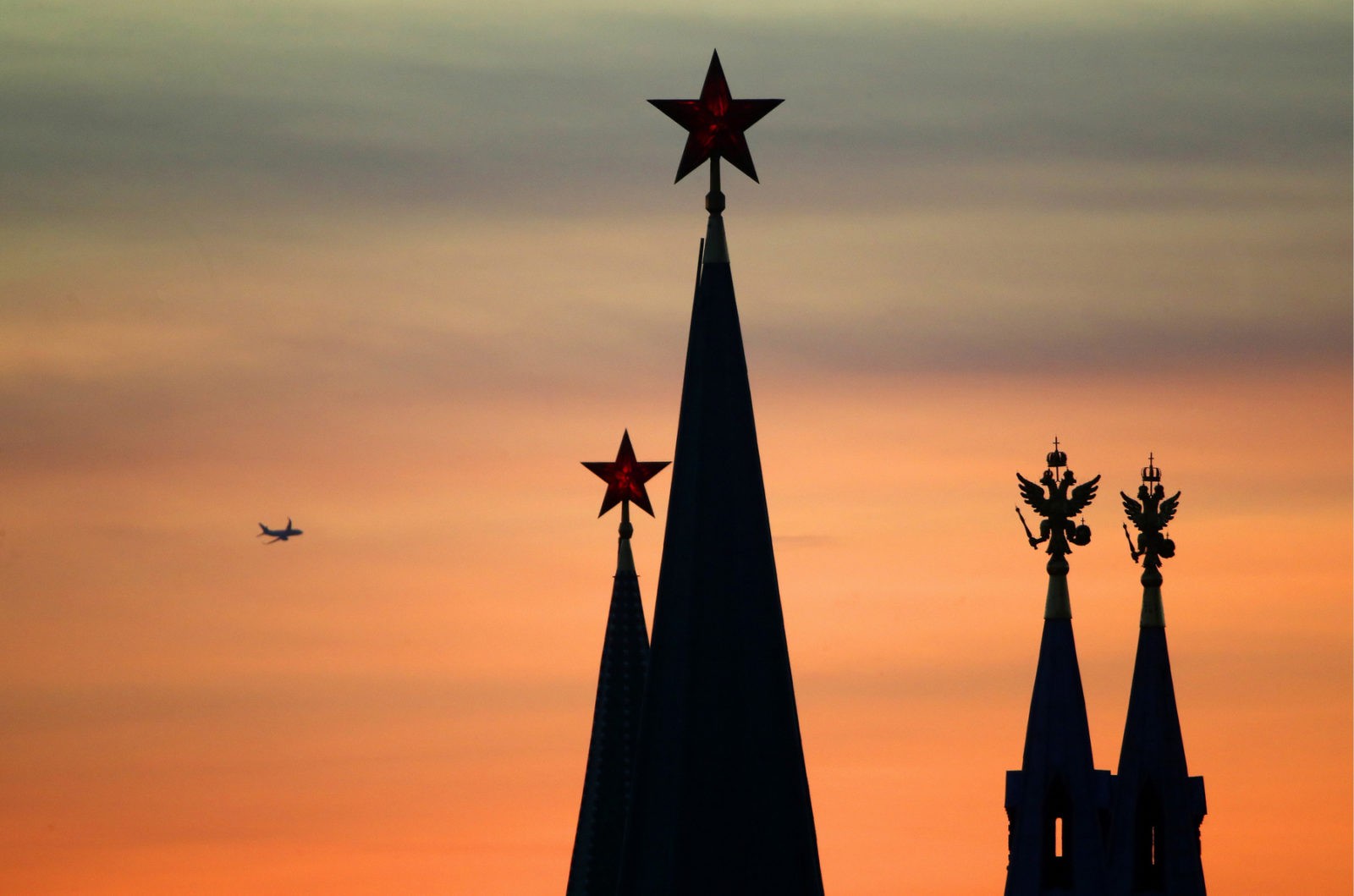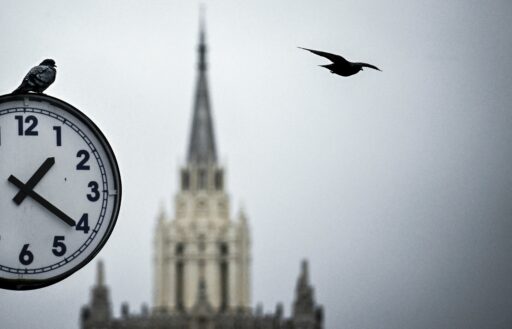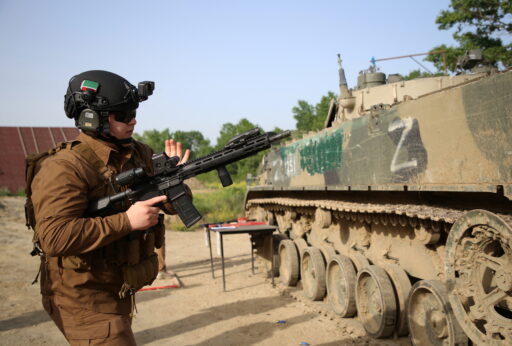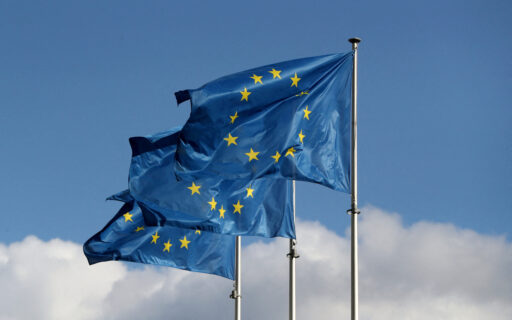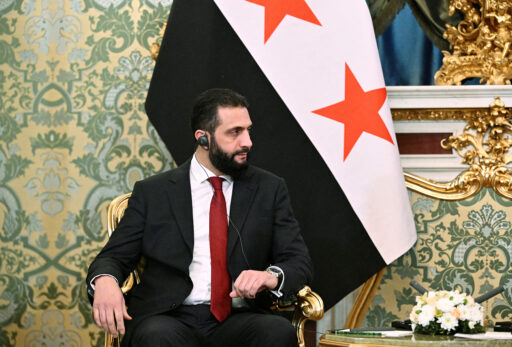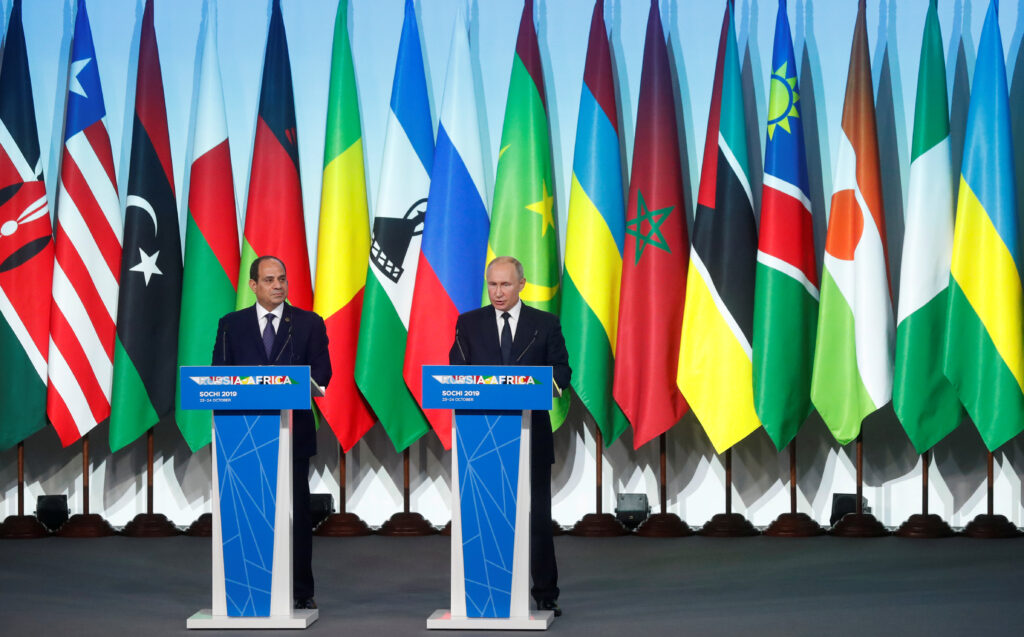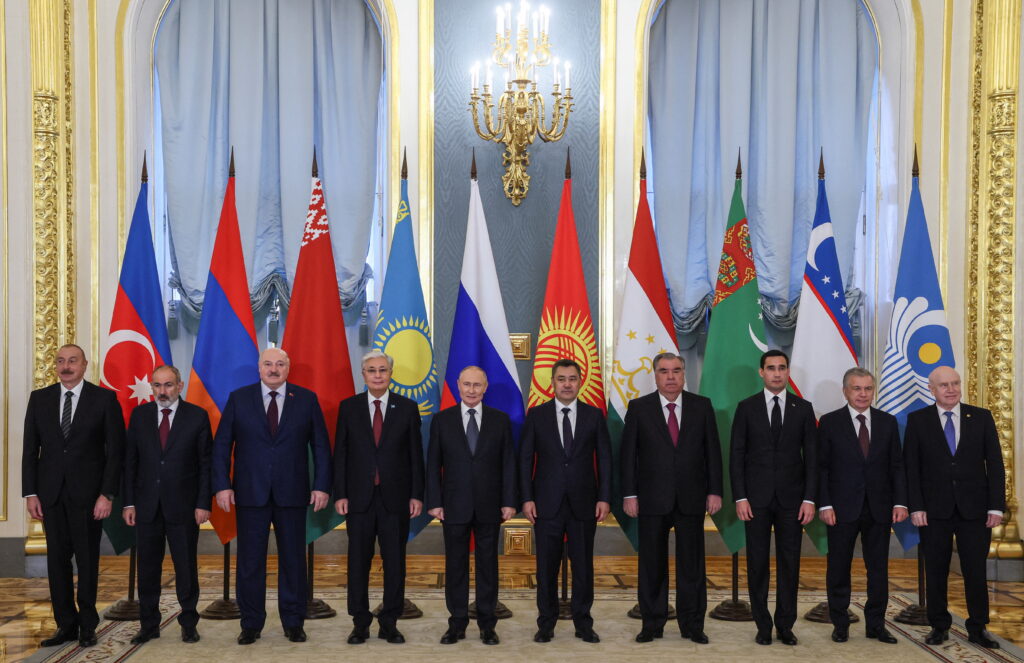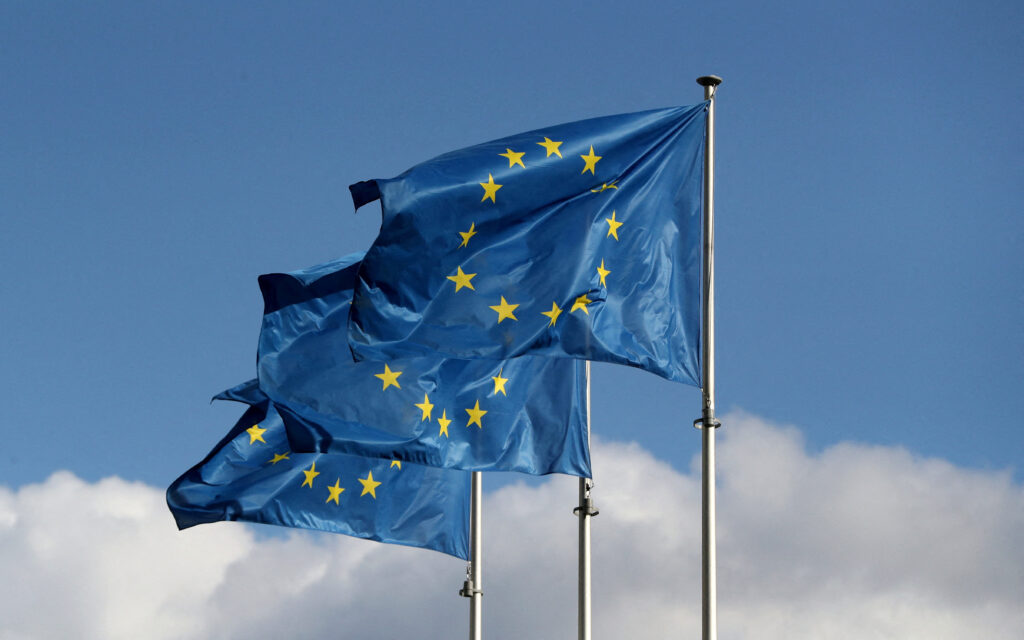
What will 2028 hold if today’s long-term trends continue? Oil and gas revenues, the main source of Russian prosperity for much of the past three decades, have ceased to guarantee social welfare. The era of vast oil profiteering is in the past. The Russian economy has not adapted to new realities like these, having missed the chance to capitalise on the revolution in bio-cognitive technologies, which in 2020s provided impressive economic growth to the most technologically advanced countries. Russia’s dependence on China has increased throughout 2020s, which allowed China to dictate the terms of a “strategic partnership” by 2028. Russia has long played the role of a “younger sister”, albeit in a rather mild form, without overt political recognition of this status.
Moscow has to devote resources on preserving Eurasian integration partners. From year to year, this forces Moscow to make a greater compromise and de-facto recognition of the drift of Belarus and Armenia towards the EU. It must reckon with the ever greater independence of an economically more successful Kazakhstan. And its relations with Kyrgyztan, by now dependent on Chinese investment, will seem like a sideshow for both countries. The main challenges for Russian security are coming from the periphery within its borders. After Putin’s departure, the North Caucasus issue finally came roaring back. Significant time and resources have had to be devoted here, resulting in a more devolved interaction. The main concerns come from the unresolved issue of Nagorno-Karabakh. Then there is the revivalist Islamization of Central Asia. Equally, the terrorist threats emanating from Afghanistan and Greater Middle East as a whole have persisted and proliferated.
After Putin’s departure, prospects are opening up for Moscow that were inaccessible to the Russian elites before. By 2028, Russia no longer represents a great threat to the West. The sanctions and deterrence regime stunted the Russian economy. Most resources were frittered away preserving the regime at the cost of strategic thinking. Interventions in the affairs of other countries shrink back as the regime turns inward.
Strategic trade-off
The main agenda bringing Russia and the West together in such conditions is the fight against terrorism. This is meant in the context of radical Islam. Both increasingly stand in opposition to sponsor states of international terrorism, as well as ever more audacious and threatening manifestations of terrorism in cyberspace. For Russia during the transition period, the main task will be to build a modernization agenda. This will be to ensure the inflow of vital investments, technology transfer and lifting restrictions imposed after 2014. To enact such an agenda, the main task will be to build trust and a new format of interaction between Moscow and key Western countries.
1) Coordination of the long-term plan for solving the Ukrainian question.
The key component of any attempt to “regain confidence” or rather build it anew, will be the development of an acceptable scenario for correcting Putin’s mistakes in Ukraine. The first step here is to agree on the return of the east of Ukraine under the jurisdiction of Kyiv, with the active participation of the European Union as a guarantor of the peaceful nature of the transition period.
The specific components of the formula for this transition are now hard to predict but it is clear that Moscow will need to both recognize the fallacies of Putin’s policy toward Ukraine (as an example, the case of MH17) and agree to some compensation designed to start a lasting Russian-Ukrainian reconciliation process. Already, it is quite obvious that without the participation of a third party, such a settlement may prove impossible. The success of this beginning, in turn, will pave the way to solving more complex issues. These could be in relation to Ukraine. But in a wider sense this will allow the seeds of compromise to take root in other frozen conflicts across Eurasia.
2) Removal of restrictions imposed on Russia.
The West’s reaction to Moscow’s readiness to admit its mistakes should be the policy of package lifting of the sanctions and other restrictions. If current trends continue, the list will be longer than it is now, and more severe. Both Washington and Brussels should actively support the transformation of Russia. This will be problematic without the lifting of sanctions to encourage further sectoral reforms. For Moscow, it will be key not to miss the possibility of building domestic Russian support for a rapprochement with the West. It will be hard to reverse course and shift public opinion. A frigid framework for the lifting of the accumulated sanctions will make this process delicate and risky. Conciliatory actions of the West won’t operate from their own steam. They will only be the result of Moscow’s active reconciliation policy, both with its neighbors and with Western countries that suffered from Russia’s foreign policy during the reign of President Putin.
3) Conceptual content of the “new policy of rapprochement”.
The joint fight against terrorism, like the work of reconciliation in the Eurasian space, cannot become a full-fledged substitute for a large-scale vision of the future of the relations between Russia and the West. Even in the absence of Putin in the Kremlin, many crucial questions and bones of contention will arise, which will not be easy to solve. Refusing Putin’s foreign policy, Russia needs to re-conceptualize its foreign policy and orientation in the international arena. Attitudes towards NATO and European security will be one such area of rebirth. Despite the inappropriateness of raising this issue during Medvedev’s presidency (on the new architecture of European security), this question will inevitably arise again. And the West, still depending on the US-EU relationship at that time, will need to have a vision of either pan-European security or of the whole Euro-Atlantic space that is amenable to Russia.
The security of the European continent is linked to Russia. So to finally solve the “issue of the Russian threat” or “threat to Russia from the West”, it is necessary to institutionalize Russia into the common European security structures by this point. That will guarantee the impossibility of a repetition of the war in Ukraine and the confrontation of Russia and the West. Moreover, any attempt to modernize Russia cannot be only internally. It will need the “rapprochement” to produce a vision of the future where the Euro-Atlantic security is indivisible.
Risks for Russia
Given current trends, by 2028 Russia’s dependence on China will rise. Considerable diplomatic skill will be essential in countering Beijing’s discontent with any rapprochement between Russia and the West. Predicted from the end of the 1990s, the confrontation of the USA and China by the end of the 2020s could well be far worse than the trade wars of 2018-2019. For Russia, it will be strategically vital to maintain at least neutral relations with China, given Russia’s economic weakness. The answer to strategic risks in the east can be Russia’s active building of a multilateral partnership with the countries of the Pacific region.
It is no less vital to build domestic Russian support for a better ties with the West, which will need a much more informed approach than in the 1990s. The trauma of losing an empire, which was not worked out in the 1990s and was exploited throughout Putin’s reign, will leave a toxic legacy. As such, this will hinder both the resolution of conflicts in Eurasia and the active rapprochement with the countries of the West. That is why it is necessary to replace the “besieged fortress of Putin” with a pan-European or even a common Euro-Atlantic vision. Russia will be presented with a place at the table and status, guaranteeing both economic development and comprehensive security. Without the willingness of the West to take part in building such a vision, or in conditions of a too rigid framework, the likelihood of long-term rapprochement is negligible.
What does the future hold for relations among Russia, Europe and the United States? This article is part of a series on future scenarios, sponsored by Riddle in cooperation with Johns Hopkins University SAIS and DGAP, supported by the Robert Bosch Stiftung.
